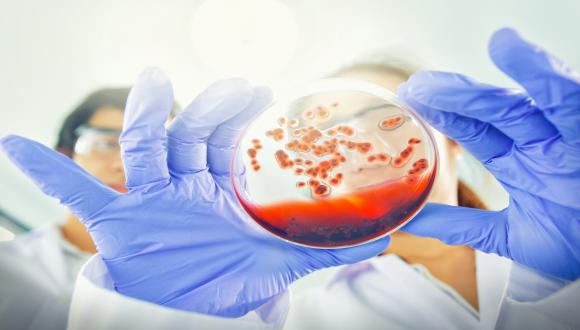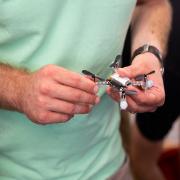M.Sc. in Biomedical Engineering
Biomedical engineering is one of the fastest growing areas in industry and research. Although a relatively new field, it is firmly rooted in such established disciplines as mathematics, electronics, mechanics, physics, biology and physiology. By focusing the knowledge of these researchers from diverse backgrounds, the Department of Biomedical Engineering is providing clinicians, both in Israel and abroad, with advanced tools for accurate and non-invasive diagnosis as well as improved therapeutic devices for attacking such problems as cardiac disease, the number one cause of death in the Western world.
Research at the Department is carried out in nine main areas:
Biofluids - flow in the heart and blood vessels, respiratory system
Biomechanics - structures and materials
Numerical modeling - physiological systems
Biomedical image processing
Physiological signal processing
Vision- psychophysics, models and algorithm
Hearing - the middle ear
Sensory communication - the auditory system
Computational and systems biology
The Department of Biomedical Engineering has undertaken a search for young faculty members in Biomechanics (specialized areas: solid biomechanics, mechanics of tissues, skeleton and joints, contact problems, body dynamics, rehabilitation and protection) and in Biomaterials (specialized areas: artificial materials for use in systems, properties of naturally occurring materials such as bone and connective tissue, new artificial materials for biological use, interface between artificial and natural biomaterials).
Recent advances in the Department have attracted considerable attention, both locally and abroad. These include a computerized system for identifying babies susceptible to Sudden Infant Death Syndrome based on heart signal analysis and a minimally invasive system for early detection and location of coronary and vascular occlusions based on dynamic measurements of pressure and flow waveforms in the arteries. TAKANON




